To make greater progress toward seafood that is both environmentally and socially responsible, the Conservation Alliance for Seafood Solutions (the Alliance) is proud to announce the revised Guidelines for Supporting Fishery Improvement Projects (FIPs).
The revisions include new economic responsibility and financial viability guidance, as well as new provisions requiring FIPs to comply with the FisheryProgress Human Rights and Social Responsibility Policy or an equivalent approach.
The 2022 Global Estimates of Modern Slavery report indicates that 27.6 million people were subjected to forced labor in 2021, a number that has increased since the first estimate in 2017. The report notes that forced labor touches virtually all parts of the private economy, all regions, and is a concern in countries of all income levels. The report states “there is a strong and persistent minority of fishers for whom working conditions at sea continue to be far from decent work.”
It is imperative that the responsible seafood movement take steps to ensure work is safe and decent for all those employed in the industry. Requiring FIPs to comply with the FisheryProgress Human Rights and Social Responsibility Policy or an equivalent approach will be a step towards achieving the Alliance’s vision of “a world with an abundance of seafood in an environment where workers, communities, and our ocean can all thrive.”
In order to meet these new requirements, the responsible seafood movement needs to listen and understand the challenges and successes of meeting the new Guidelines, and support FIPs along the way. The Alliance looks forward to hosting these discussions in order to learn from, and support, FIP implementers.
Alliance Executive Director, Mariah Boyle, notes, “the Guidelines are the foundation of the vast majority of FIPs. With support from the responsible seafood movement, FIPs can build on their successful environmental improvement efforts and lead the way on social responsibility.”
The revised Guidelines support the Alliance’s goal that by 2030, at least 75% of global seafood production is environmentally responsible or making verifiable improvement and safeguards are in place to ensure social responsibility.
Seafood is the most globally-traded food commodity and is an important source of nutrition for billions of people. While it can be produced responsibly, today only around a third of the global commercial harvest is environmentally responsible or improving*. In addition, about 59 million workers** are employed in fishing and fish farming alone, with far more employed in seafood supply chains. It is imperative that these jobs are safe and decent, and that workers’ well-being is prioritized.
A New, Inclusive Process
Last year, the Alliance began a year and a half long process to revise the Guidelines. The FIP Guidelines revision process was led by a 10-person Working Group of Alliance Global Hub members selected with a focus on diversity of expertise and experience. Their recommendations were shared with the responsible seafood movement in four separate periods, with presentations held in English, Spanish and Indonesian. After extensive debate and discussion at the Working Group level and nearly 250 comments from roughly 40 organizations, businesses, coalitions and individuals, the Guidelines are now being shared publicly to gather the support of organizations willing to add their names to the document as signatories.
On why organizations should consider supporting the new document, Alliance Board and project Working Group member, Cecilia Blasco of SmartFish Rescate de Valor, AC reflects, “The Alliance’s revised FIP Guidelines include important updates to help FIP participants begin to address social responsibility. The Guidelines are key for setting common standards and expectations for this innovative and voluntary mechanism.”
Our next step is critical. We are adding supporting organizations as signatories to the FIP Guidelines document to demonstrate widespread support and alignment for this framework for fisheries improvement. On September 20th, the Alliance will host webinars to discuss the FIP Guidelines in English and Spanish or English, Bahasa Indonesia, and Japanese. Join us to learn more and click here to review and support the FIP Guidelines!
* https://solutionsforseafood.org/about-us/our-goals/
* *https://www.fao.org/3/cc0461en/online/sofia/2022/key-messages.html
